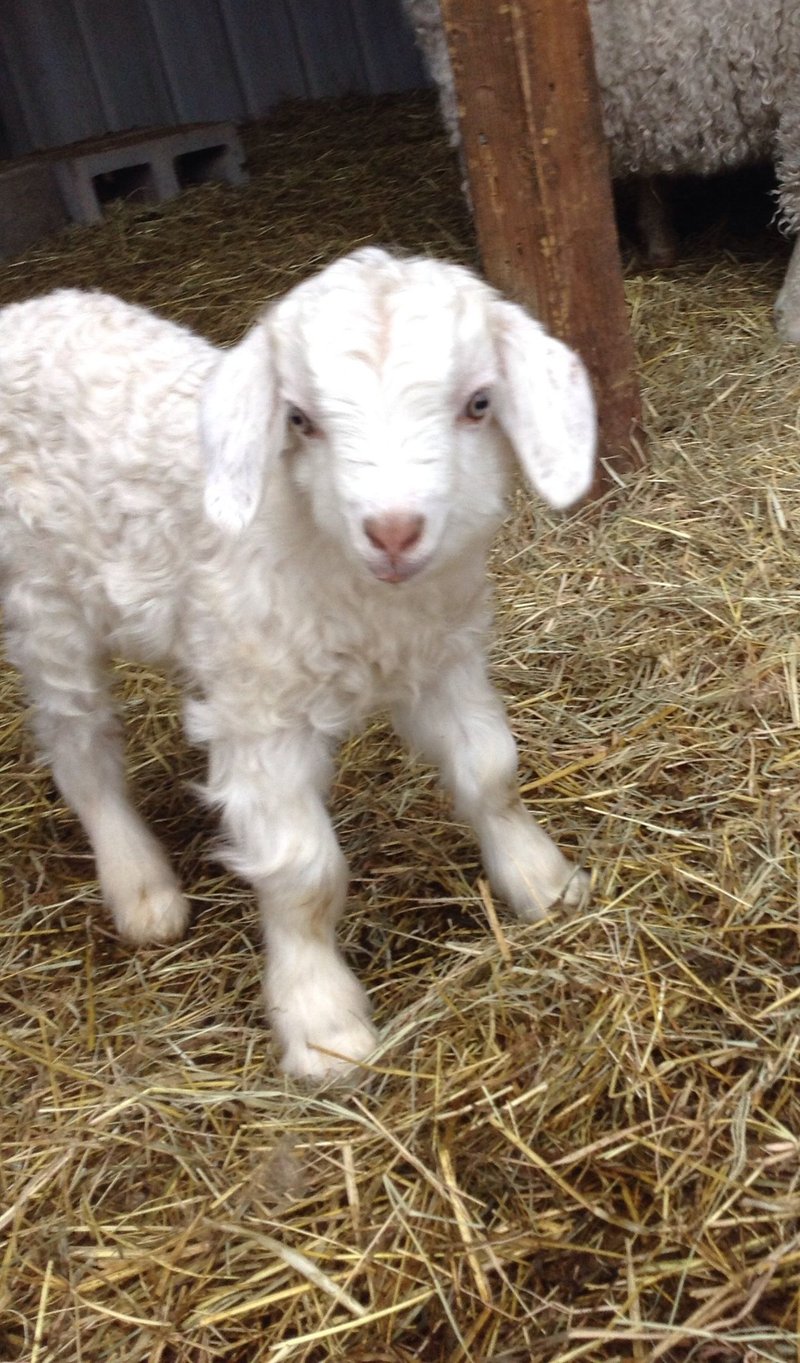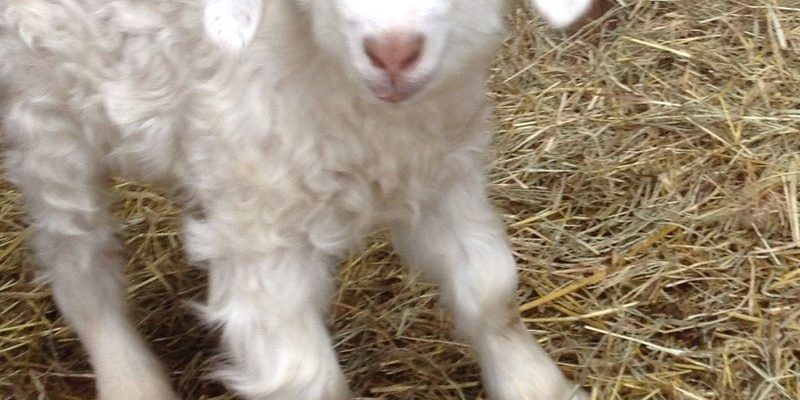
Imagine you’re at a cozy café, chatting with a friend about the idea of raising goats. You might share a laugh about how goats can be mischievous or how they can also serve practical purposes. The Angora goat, specifically, is not just another goat; it’s a breed that produces mohair—a highly sought-after textile fiber. It’s rich, soft, and often used in fancy clothing. But as cute and woolly as they are, they require specific care and attention. So, let’s explore whether these goats could be the right match for you.
What Are Angora Goats?
Angora goats hail from the Angora region of Turkey and are easily recognizable thanks to their long, twisted locks of fleece. These goats come in various colors, but the most common are white, black, and shades of gray. Their fleece, known as mohair, is not only beautiful but also durable. It’s often compared to cashmere and silk, making it a prized commodity in the textile industry.
But why would you want to raise Angora goats? First off, they are a relatively gentle breed. If you’re looking for a calm companion to add to your homestead, these goats tend to fit the bill. They have a friendly demeanor and are generally easy to handle, making them excellent for beginners. Besides their friendly nature, they can also be quite entertaining with their playful antics.
Pros of Raising Angora Goats on Your Farm
There are several advantages to raising Angora goats, especially if you’re leaning towards a farming agenda. Here are some key pros to consider:
- Mohair Production: As previously mentioned, Angora goats produce a unique fiber. If you have plans to venture into textile production, they could become a productive asset.
- Low Maintenance: These goats are not overly demanding in terms of care. With proper shelter and a balanced diet, they thrive fairly easily.
- Great Companions: Their friendly and curious nature often makes them excellent companions for both adults and children.
Of course, while the benefits are significant, there are considerations to keep in mind. If you’re only interested in companionship, Mohair production might not be a priority, and maintaining a herd may require more effort than you initially anticipated.
Cons of Raising Angora Goats
While Angora goats have plenty of charm, they do come with their challenges. Here are a few potential downsides:
- Grooming Needs: The beautiful fleece of Angora goats requires frequent grooming to prevent matting and skin issues. If you’re not ready for regular grooming sessions, they might not be the right fit.
- Specialized Diet: They require a specific diet rich in vitamins and minerals. If you’re not prepared to provide this, their health may suffer.
- Space Requirements: Angora goats need room to roam and graze. If you have limited space, they may feel cramped, which can lead to stress.
Keep in mind that owning any animal, including Angora goats, is a long-term commitment. You might find yourself spending more time and effort than expected, especially during their grooming or feeding sessions.
Are Angora Goats Suitable as Pets?
If you’re contemplating adding an Angora goat as a pet, you’re in for a delightful experience. Their friendly and playful nature makes them great companions for families, especially children. Picture an afternoon spent in the yard, with your kids giggling as they play with these goats. Sounds lovely, right?
However, before you rush into a decision, consider the following:
– Space: Make sure you have enough outdoor space. Even a single goat needs room to stretch its legs and explore.
– Social Creatures: Goats are social animals. It’s often recommended to have at least two to keep each other company. A lonely goat can become stressed or depressed.
– Zoning Laws: Check your local regulations. Some areas have restrictions on livestock, including goats.
If you can meet these needs, an Angora goat could bring endless joy and laughter to your household.
Feeding Your Angora Goat
Feeding Angora goats is crucial to their overall health and fiber production. A proper diet focuses on a balanced intake of forage, grains, minerals, and vitamins. Here’s what you should know:
1. Forage: The majority of their diet should consist of high-quality hay, pasture, or browse. They love munching on grass, leaves, and shrubs.
2. Grains: In some cases, especially when they’re pregnant or lactating, you might need to supplement their diet with grains for added energy. This helps ensure they stay healthy and maintain good fleece quality.
3. Minerals: Goats can sometimes lack essential vitamins and minerals. Providing a mineral block specifically designed for goats will help keep them hydrated and thriving.
Remember to provide fresh water daily, especially in warm months. Hydration is essential for their well-being!
Common Health Issues and Care for Angora Goats
Just like any pet, Angora goats can face health challenges. Regular check-ups and preventive care can go a long way in maintaining their health. Here are some common issues and how to care for them:
– Digestive Issues: Goats are prone to certain digestive ailments. A balanced diet will help mitigate this risk. Keep an eye out for signs of distress, like bloating or lack of appetite.
– Hoof Care: Regular hoof trimming is necessary to ensure they don’t develop foot problems. Typically, their hooves should be trimmed every 6-8 weeks.
– Vaccinations: Consult with a veterinarian about vaccinations. Keeping your goats vaccinated can prevent many diseases.
Being proactive about your goat’s health will save you time, money, and heartache down the line.
Final Thoughts on Angora Goats
So, is the Angora goat right for your farm or as a pet? It really depends on your lifestyle, goals, and commitment level. They can be wonderful members of your family, providing joy, companionship, and even a source of high-quality fleece.
Take time to reflect on what you want from an animal companion. Think through the space you have, your ability and willingness to commit to care, and whether you’re looking for a productive farm animal or a playful pet. If you feel prepared, the delightful experience of raising an Angora goat might just be a rewarding adventure.
Ultimately, whether you’re pursuing mohair production or simply want a quirky, friendly pet, Angora goats can certainly add a unique touch to your life. Just be sure to do your research, invest time in care, and enjoy every moment with your new furry friends!

